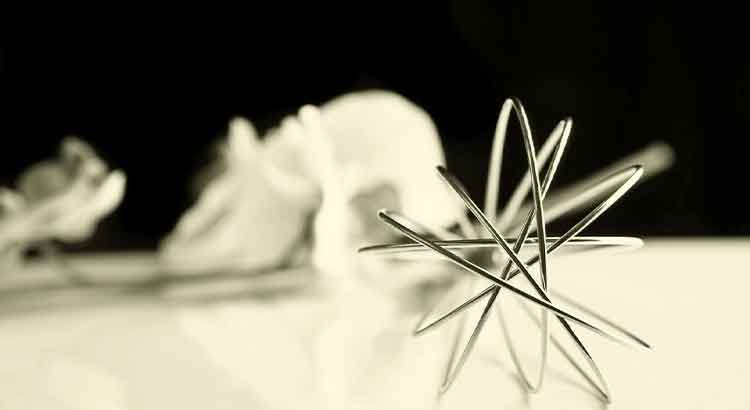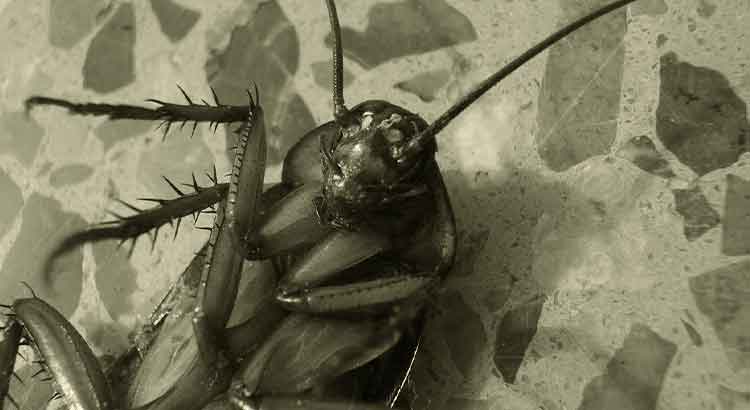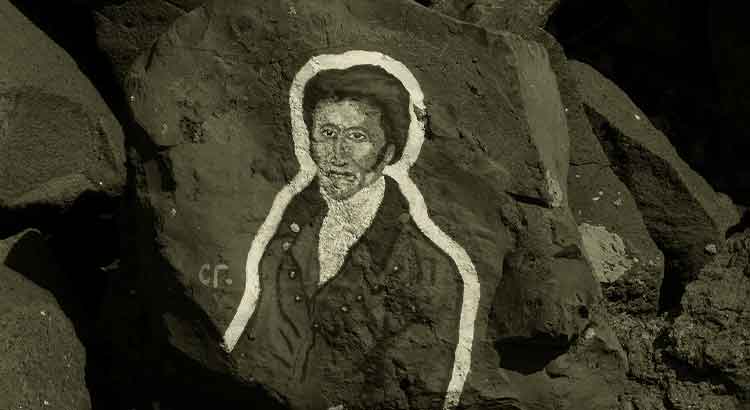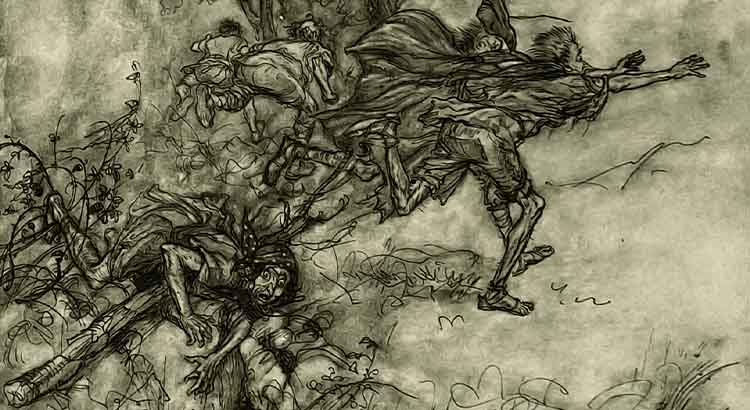A very banal guy keeps, for fifteen years, the same cell phone number. He has thus built up an extensive network of personal and professional contacts. He is, above all, dependent on this number. Suddenly, he receives between 100 and 150 daily calls during business hours from companies trying to sell him some kind of financial product. Between 100 and 150 calls from 8 a.m. to 6 p.m.: doing the bakery math, the number is equivalent to approximately one call every five minutes. The guy, or better, the young misanthrope is forced to answer them all since there is the possibility of finding a possible customer among the unknown numbers. The number is also a work number. Every five minutes, the phone rings. The young man attends with rudeness, dismisses the invasive company very irritated for being called to listen about products that he has no interest, without having ever granted opening in order such calls were made. So his routine becomes hell. He cannot concentrate on anything, the phone does not stop ringing. He has to answer, he becomes rude in the first word, mistreats professional contacts by mistake. “Mr. Luciano Duarte, please…”, “Kindly Mr. Luciano…”, “At this number I can talk to Mr. Luciano…”. Oh, Kafka, brother, help that your character!
____________
Read more:



